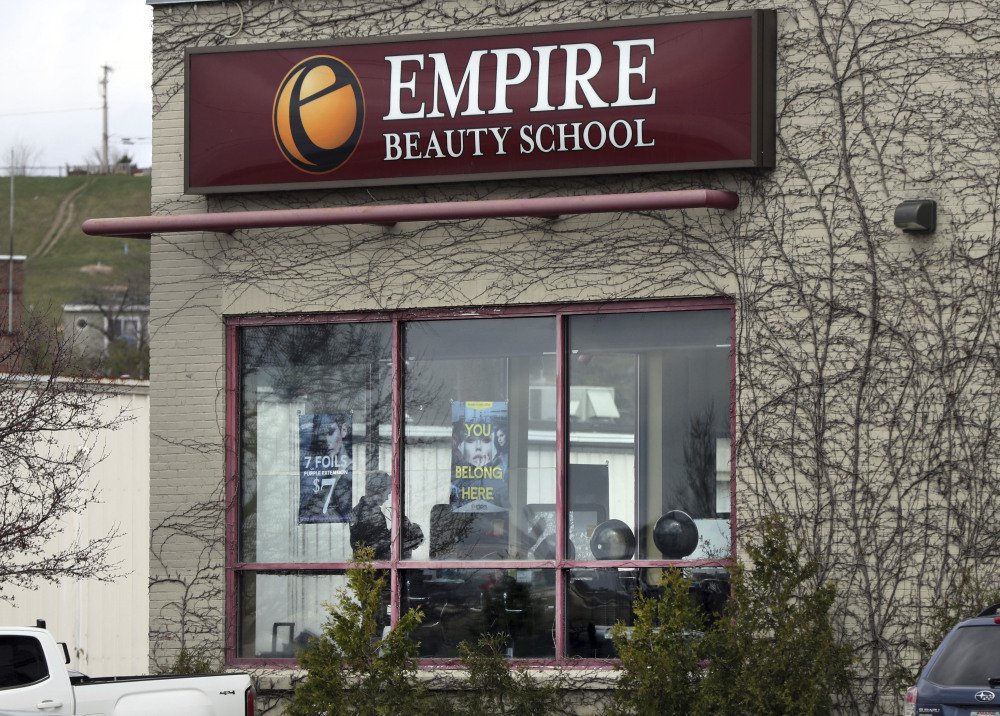AUGUSTA — A new report finds students at for-profit colleges in Maine carry much heavier debt loads than those at public and private nonprofit colleges in the state.
The non-partisan Center for Responsible Lending says the debt burden falls on low-income, female and minority students who disproportionately enroll at Maine for-profit schools. About 75 percent of students at such institutions take on student loans, compared with 66 percent and 41 percent, respectively, at private and public institutions.
Meanwhile, 76 percent of students are women and 8 percent are African-American. The report found 60 percent of students received federal Pell Grants, which are awarded to those with low incomes.
“One of the things we see consistently across the board: Students who attend for-profit colleges are burdened more by debt,” said Whitney Barkley-Denney, legislative policy counsel for the nonprofit organization.
Maine’s student borrowing figures closely track national data. In the 2011-2012 school year, 73 percent of students at for-profit colleges took out loans, according to the Brookings Institution.
Career Education Colleges and Universities, the for-profit higher education sector’s primary trade association, didn’t respond to requests for comment.
Several for-profit schools have been the subject of state and federal investigations in recent years and faced lawsuits alleging deception in advertising and recruiting tactics. The industry has declined since rising from 650,000 students in 2000 to 2.5 million students in 2010, and several have closed down, leaving students with debt.
In January, federal officials said hundreds of programs at for-profit colleges are at risk of losing federal funding unless their graduates start earning better wages. However, Education Secretary Betsy DeVos has said she would take another look at the so-called “gainful employment” federal rule.
The report identified 11 for-profit colleges in Maine serving an estimated 3,606 students. A hearing is scheduled for Monday on Democratic state Sen. Eloise Vitelli’s bill requiring annual review of for-profit colleges by the State Board of Education.
Two schools – the for-profit institutions Beal College in Bangor and Empire Beauty School in Portland – were among more than 2,000 programs nationwide that received poor or failing marks from the federal government, putting them on track to become ineligible for federal student aid.
Beal College said its social and human services assisting program, which scored poorly, is being discontinued after this year. The college declined further comment.
Making sure graduates get good jobs has been an issue for everyone in the for-profit education field, said Angela Watson, spokeswoman at Empire Education Group. She said Empire Beauty School offers “lifetime career services” to graduates, including a “good number” of cosmetology graduates who may not be included in the study data because they work “under the table.”
The Center for Responsible Lending found students who graduate from Maine for-profit institutions offering predominantly two-year degrees have a median debt of $23,781, compared with $10,940 and $16,000 for similar public and private institutions, respectively.
Barkley-Denney said there needs to be accountability to protect taxpayer dollars and turn “off the spigot of federal money for schools that are failing to educate students.”
Send questions/comments to the editors.



Comments are no longer available on this story